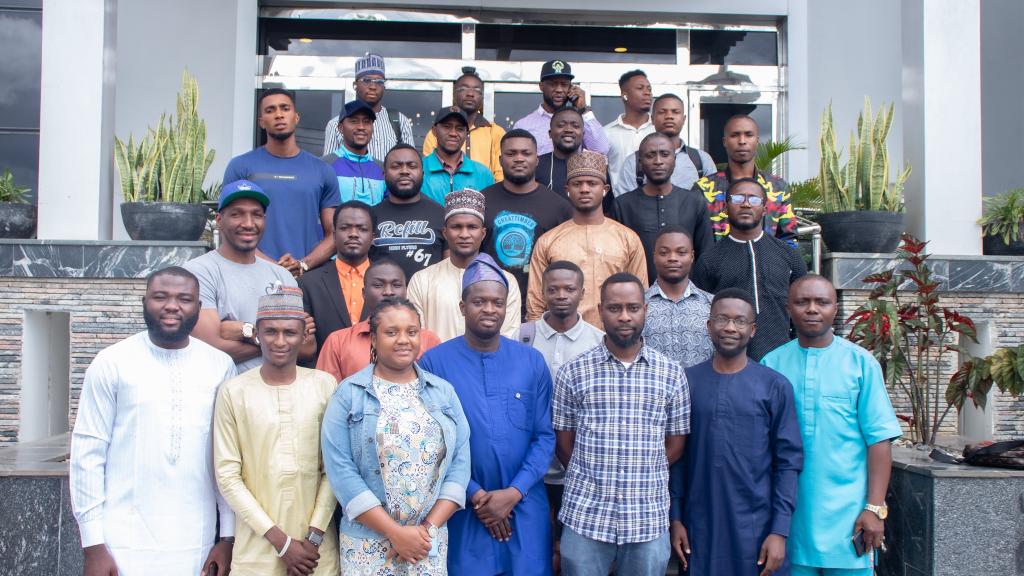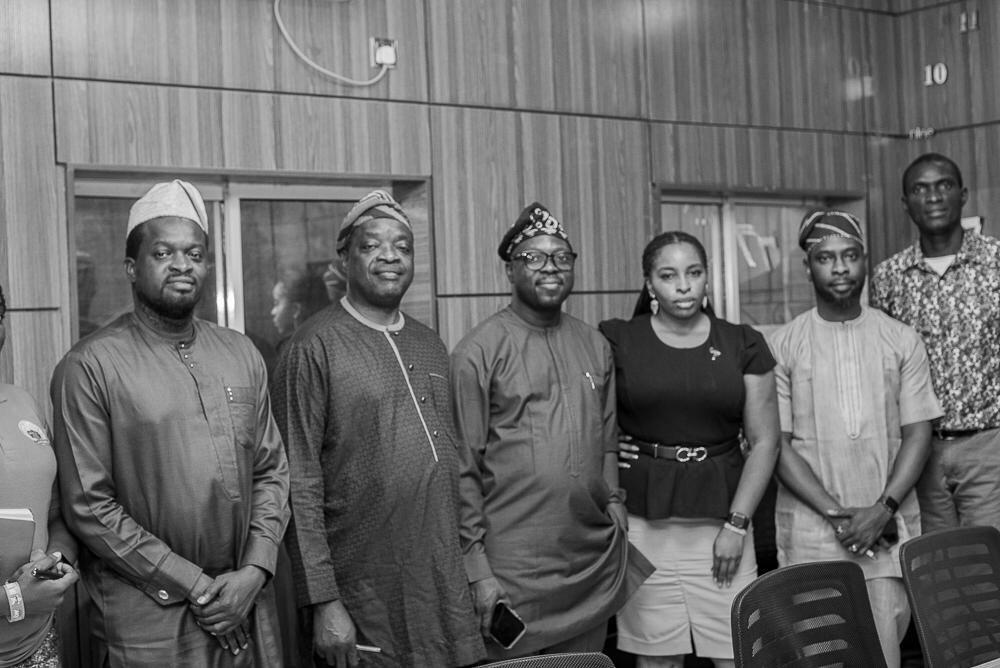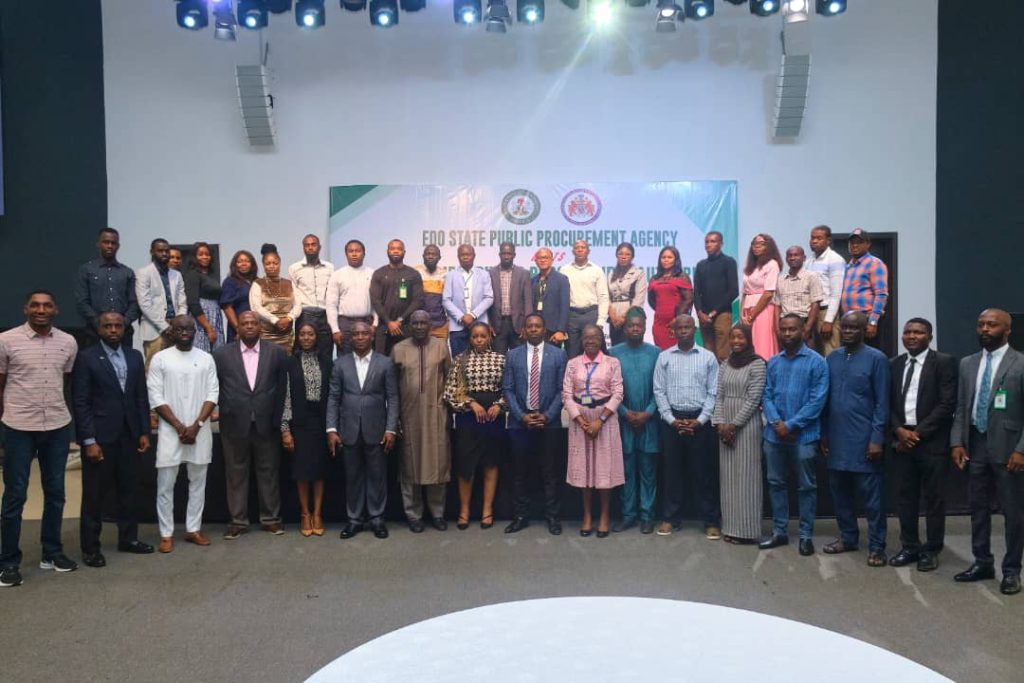The Director-General, National Agency for the Prohibition of Trafficking in Persons (NAPTIP), Prof Fatima Waziri-Azi, has recommended the strengthening of legal framework as a measure to combat corruption in human trafficking.
The NAPTIP boss made this recommendation in her research paper presented at the 8th inaugural lecture series of the Nigerian Institute of Advanced Legal Studies (NIALS) on Thursday in Abuja.
The News Agency of Nigeria (NAN) reports that the title of the research paper is, “The Interplay between Corruption and Human Trafficking Epidemic: The Implications and Solutions for Nigeria.”
Waziri-Azi stated that the reasons why arrests, investigations, prosecutions and protection had not been successful in human trafficking issues was because of high-level corruption endemic in the system.
She said that corruption had seriously interfered in Nigeria’s policies, adding that if corruption in trafficking in persons was jointly addressed, it would help effectively in combating human trafficking.
The NAPTIP boss said that strengthening of the country’s legal framework would help immensely in ending human trafficking issues, which she said, was prevalent in the country.
She recommended the strengthening of the country’s domestic laws on trafficking in persons, adding that it should be in line with international standards.
“The Trafficking in Persons (Prohibition) Enforcement and Administration (TIPPEA) Act 2015 should be amended to include corruption-related human trafficking issues.
“A new section may be introduced or section 34 which provides for tampering with evidence and witness may be amended.
“The section may also make it illegal for a public official to use their office or position to impede investigation, prosecution or execution of a lawful order under the TIPPEA Act.
“The official shall be liable on conviction to imprisonment for a term not less than seven years and to a fine not less than N2,000,000 or both.
“An additional subsection may also be added to provide that ‘Any government official who issues travel documents or facilitate the issuance of same without following the prescribed procedures provided for by law to stop the arrest of offender shall be held liable’,” she stressed.
Waziri-Azi also recommended the enhancing of law enforcement capacities, promoting transparency, accountability and framework of integrity for public officers.
She also called for other joint collaborative efforts of all stakeholders like Economic and Financial Crimes Commission (EFCC), Nigerian Financial Intelligence Unit (NFIU) and others, as well as integration of the National Action Plan on human trafficking.
She recommended the enhancement of investigation of corruption-related issues, whistle blower and witness protection mechanism, and transparent and stringent recruitment of staff who work in the risk sectors.
The DG of NIALS, Prof. Mohammed Ladan, commended Waziri-Azi for coming up with such research work and stated the relevant section of the constitution that spoke to the topic which the NAPTIP DG had written about.
Last modified: August 2, 2024








